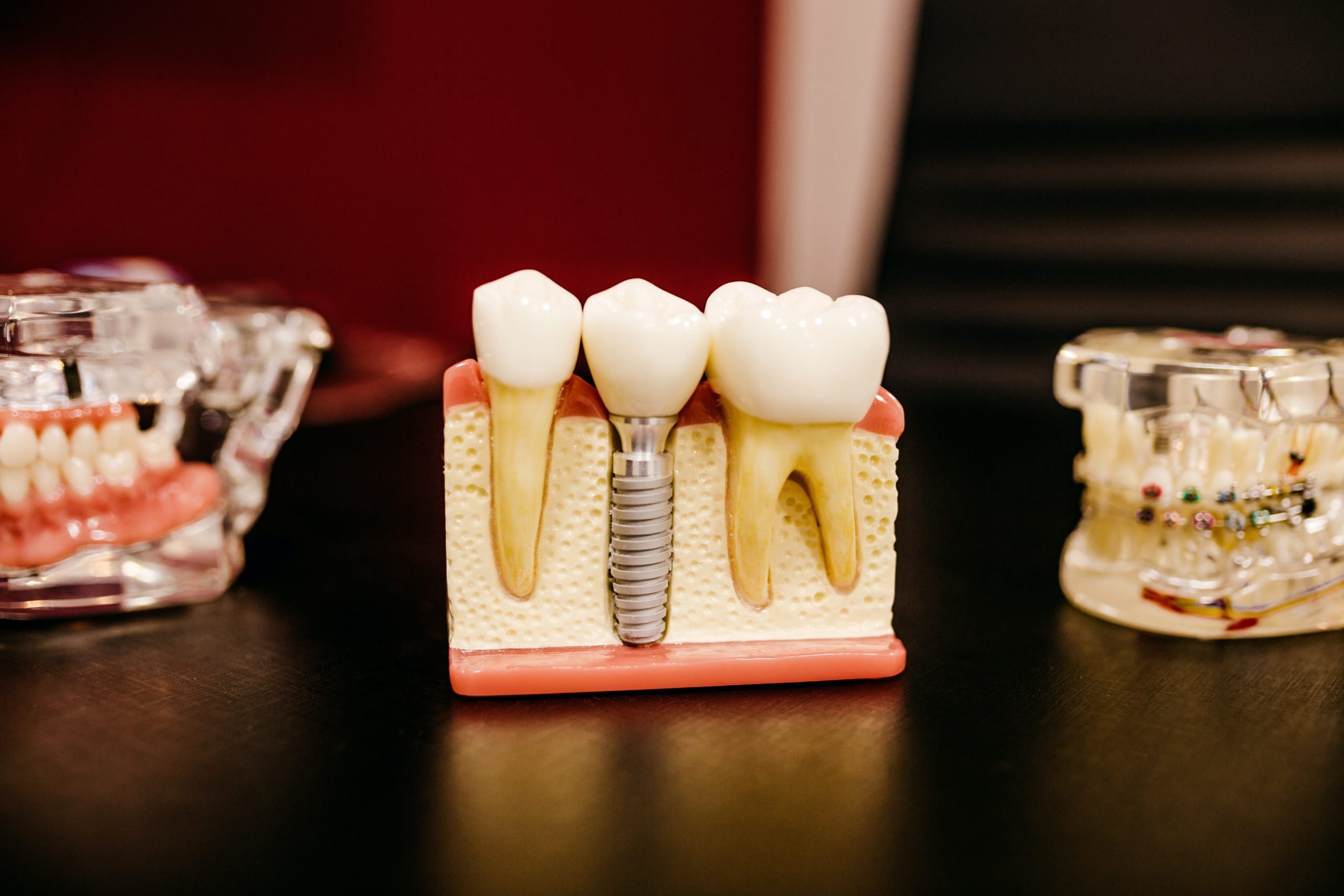Cosmetic dentistry is a type of professional oral care that aims to improve the appearance of an individual’s teeth. Often cosmetic treatments are elective rather than essential, however, can provide restorative benefits. Common cosmetic treatments are dental crowns and dental veneers. However, both have key differences. Here at Cheslyn Hay Dental Practice, we will take you through the main differences to enable you to make an informed decision.
What Is A Dental Crown?
Often referred to as a “dental cap”, a dental crown covers the entire tooth and is around 2mm in thickness. For a crown, more of the tooth needs to be filed or ground down to prepare the tooth for the crown placement.
What Is A Dental Veneer?
Thinner than dental crowns, dental veneers are around 1mm and are more like a shell. Dental veneers are bonded to the front surface of the tooth. They are not as invasive as the preparation of the tooth, leave more of your original tooth.
The Difference Between Dental Crowns And Veneers
If a person has severer fillings, build-up tooth decay, or has a broken tooth, a crown is often used to restore their smile. A dental crown can be used for aesthetic purposes, to keep a tooth intact, or to protect it from any further damage that might lead to extraction. Due to their thickness, dental crowns are extremely durable and resistant to cracks and breaks.
Veneers on the other hand are normally used solely for cosmetic improvement. They are ideal for minor shape corrections, uneven teeth, stained, chipped, or slightly gapped teeth. Furthermore, individuals can also use dental veneers as a replacement for teeth whitening. Although they are strong, they are still brittle and susceptible to cracks, however, are easily fixed by cosmetic dentists.
What Are They Made From?
Dental crowns vary in their material, however, the most commonly made from stainless steel, gold, platinum, ceramic, or a combination of porcelain and metal.
Veneers are commonly made from porcelain or composite. However, it is important to remember only a small amount is applied to cover the front of the tooth. In comparison to a dental crown which covers the entire tooth.
For both dental crowns and veneers, the material used is shaped and colour matched to your natural teeth, so they blend in discreetly.
Which Is Best For Me?
Your dentist will be best to advise, and the decision is always yours. As a general guide, which are best for you will depend on the condition of your teeth and what you are trying to fix. Common issues include:
- Crooked teeth
- Chipped, cracked, or broken teeth
- Weak or decayed teeth
- Discoloured or severely stained teeth
How Does The Process Work?
Firstly, you will have a consultation with your dentist to make sure a crown or veneer is the correct treatment for you. Both require preparation to create that individual crown or veneer. Next, you will have an x-ray to look at the current health and condition of the teeth. Later your dentist will make a mould or digitally scan your teeth. This is then used to design your very own custom-made restoration, often taking 2 weeks.
For a veneer to bond, there has to be enough tooth enamel. Your dentist will then place a temporary veneer on the tooth until the new one is ready. Once ready the permanent one will be bonded to the tooth with special cement and hardened with an ultraviolet lamp. Dental veneers are less invasive leaving more of the natural tooth in place.
Dental crowns, on the other hand, 60-75% of your natural teeth need to be filed or ground down to prepare for the placement. Additionally, if an individual has severe tooth decay the dentist will remove the decayed part of the tooth before creating the crown. As a result, your tooth may need to be built up to help the crown stay in place and may also need to be built up if it’s damaged. Following this, your dentist will place a temporary crown on your ground-down tooth while the permanent crown is being made.
How Long Do They Last?
In general, both dental crowns and veneers last the same time, around 7 to 10 years. The length of time will still heavily depend on the individual having regular dental check-ups and practise good oral hygiene.
Why Cheslyn Hay Dental Practice?
It is always advised that you ask your dentist or a dental cosmetic specialist what treatment will be best for you. Family dental practice Cheslyn Hay Dental offers a comprehensive range of cosmetic treatments. With state-of-the-art technology and a warm, calming atmosphere, we can create your ideal smile. We offer both dental crowns and veneers as our private dental practice in Walsall. Contact us to book an appointment with a dentist.

